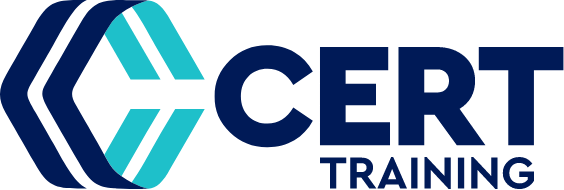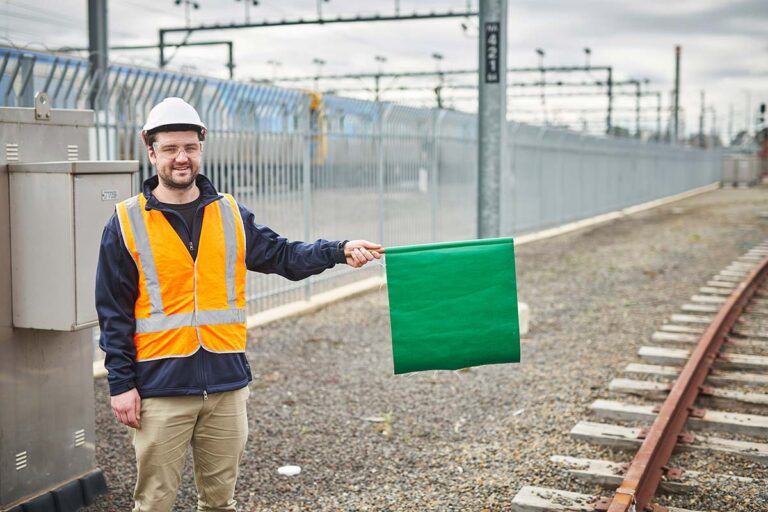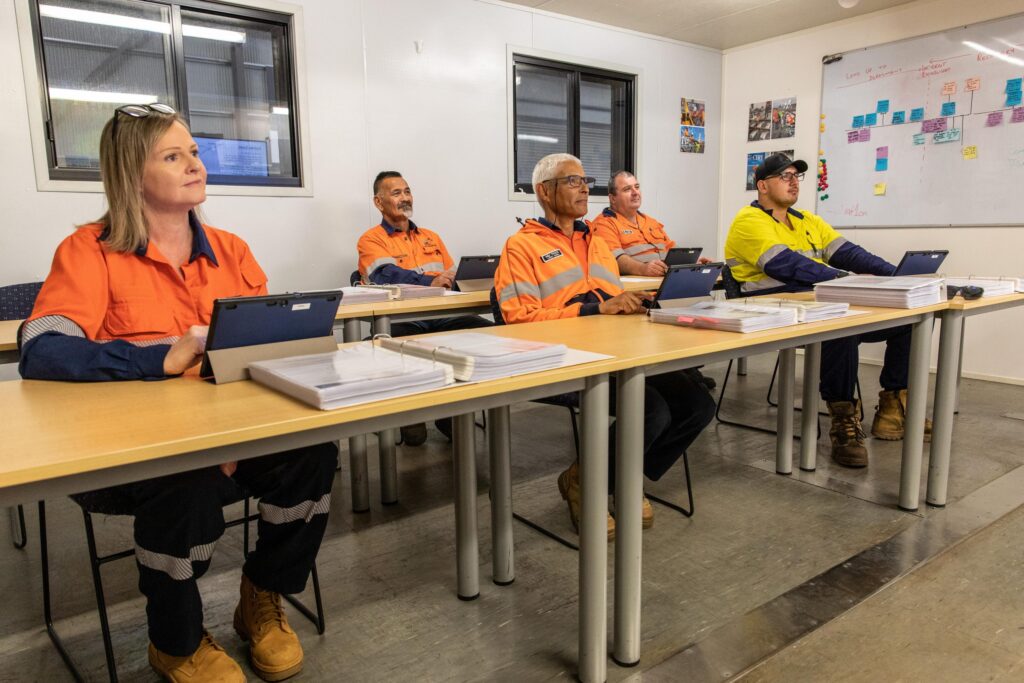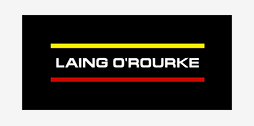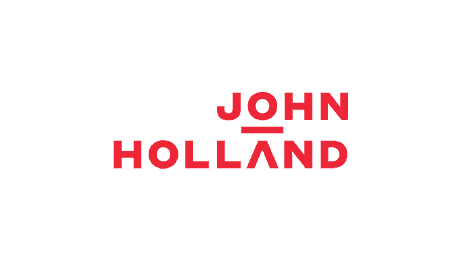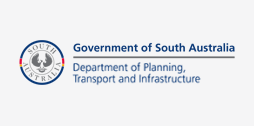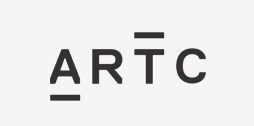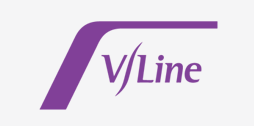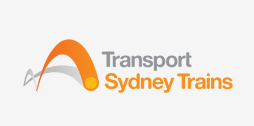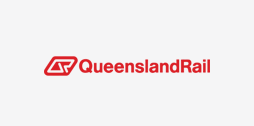Experts in Rail Training with convenient online or phone bookings available
Search for courses in 18 locations across Australia
Click a State to begin
NSW Rail Industry Safety Induction (RISI)
Designed for individuals with no prior rail experience, this course (SX52) provides the fundamental skills and knowledge required to safely enter and navigate the rail corridor.

CERT Training
CERT has offices and trainers that are strategically placed nationally, and in all mainland states, to ensure compliant, responsive and cost effective service to national clients.
Nationally CERT employs in excess of thirty-five trainers and assessors with either a safety or rail background, and in most cases both. Our business commenced and remains a national business with local teams consisting of highly skilled and experienced training Deliverer’s, Administrators and Managers who are able to transfer those skills and services to the international rail training market.
Our Most Popular Courses Right Now
Course Keyword Search
News
10 Reasons Your Manager Should Pay for Your Upskill Training in Rail
Frequently Asked Questions
Below are answers to some of the most common questions asked about CERT rail training. If you have other questions about training and requirements needed to become a rail industry worker that isn’t listed below, contact us.
